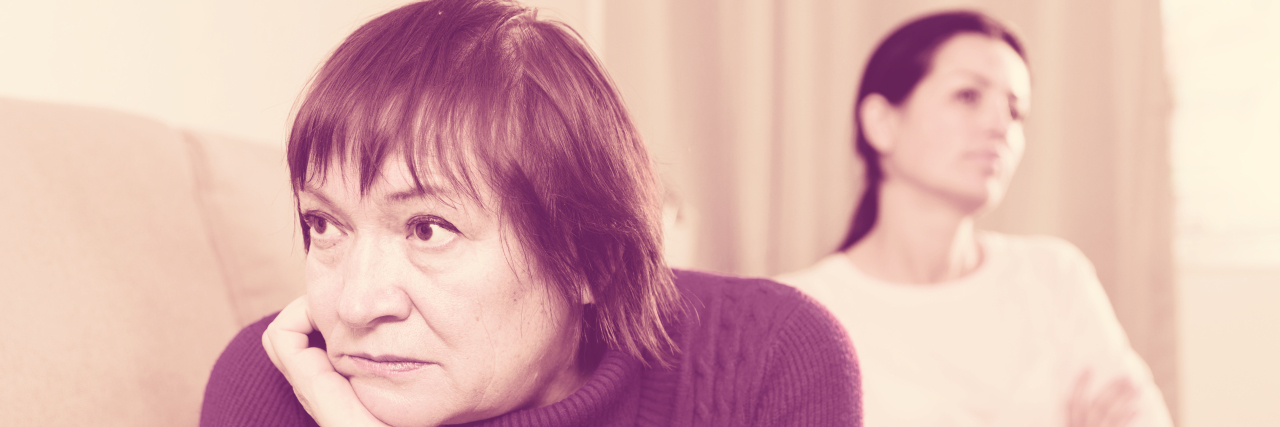I had a conversation with an employee at my school recently about the results of my Intercultural Development Inventory, a test that was supposed to reveal my intercultural competence and suggest ways I could improve my ability to work with people from other cultures. The conversation wound up being a lot about understanding what other people think and why they think the way they do. I explained that this might be harder for me than for most people, since it’s likely I’m on the autism spectrum, though my evaluation for a diagnosis is still coming up.
The woman’s response was immediate: “Well, I hope it turns out you’re not on the spectrum.”
I was stunned. I had thought neurodiversity could be something we celebrated at a school like mine, but apparently not. I’m sure she meant well — that she was just hoping I could be spared the challenges that come with autism — but I will be me regardless of what my autism evaluation says. I will still be someone who struggles with eye contact, cognitive empathy and social reciprocity. If the evaluation comes back negative, the only difference it will make is that I’ll continue to struggle without a label, without a word I can hand to people in an attempt to get them to understand me. The evaluation will not make me have or not have autism. It will just help me understand myself better, and I find labels helpful in doing that.
I want to be able to celebrate neurodiversity. Heck, I’d settle for people being aware of neurodiversity. But all too often it seems like the conversation about diversity is solely a conversation about race, with the possible additions of gender, religion or sexual orientation. Yet none of those factors feels as defining to the way I experience the world as the way my brain works. When can that become part of the conversation? And when can we talk about it without stigma or stereotypes?
Getty image by Jack F.

